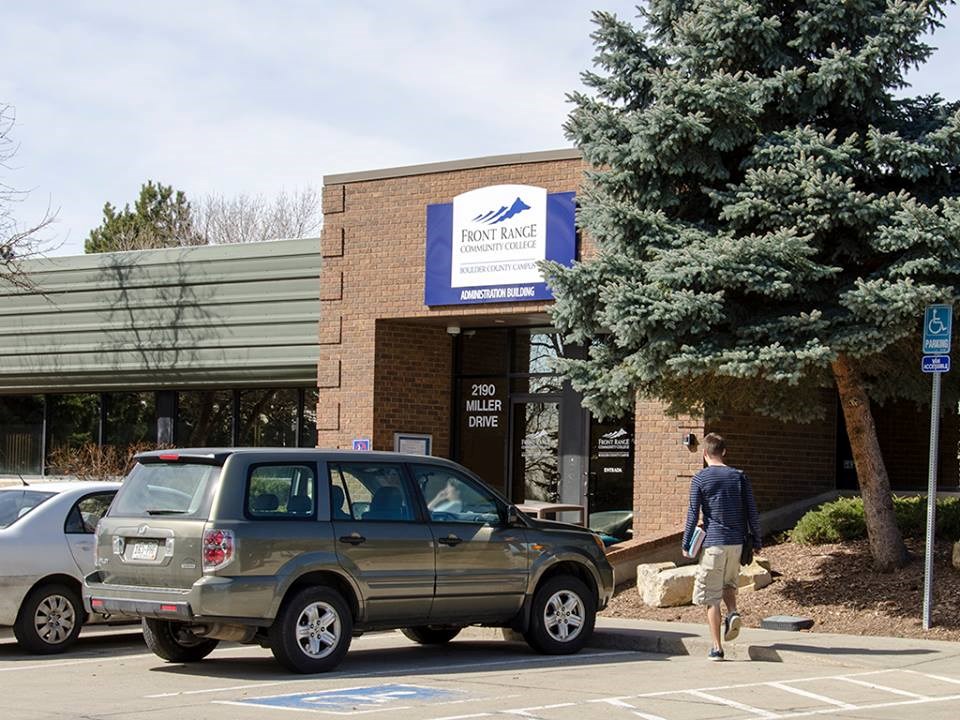Sub: Students are encouraged to speak with support services before fall semester begins.
Students with diagnosed disabilities need to start working with Disability Support Services, or DSS, at each Front Range Community College campus before they begin the fall semester to ensure success in the college classroom.
That’s the advice of Peggy Copeland, director of DSS at Front Range’s Boulder County Campus in Longmont. Copeland said Individualized Education Plans, or IEP, or Section 504 plans don't automatically transfer to the college.
Those students need to meet with DSS officials at FRCC to set up new accommodations with professors to make the transition to college easier, Copeland said.
“Where before parents were the advocates for their children,” Copeland said. “Now students who are entering college are expected to advocate for themselves. They can reach out to us, schedule an intake meeting, bring their documentation and we can discuss their learning needs.”
College can be intimidating for many incoming freshmen, Copeland said, which makes mapping out a disability needs plan especially important.
“The sooner we can start this process, the smoother their start to college will be,” she said.
“Don’t worry,” Copeland adds, “we are all pretty nice and we’ll help a student as much as we can.”
At least 10% of FRCC’s 3,000 student enrollment has some diagnosed disability, Copeland said.
Any type of diagnosis that impacts a student’s learning is considered a disability, she said. “Years ago, we thought of a disability as something we can see, like a damaged leg or arm,” Copeland said. “We recognize now that many disabilities are inside us and not so easy to see.”
Some students need extended time on tests or a less distracting environment for testing, according to a FRCC news release. “We try to work with everyone,” Copeland said. “We try to eliminate any stigma in asking for support.”
She said the best part of her job is unraveling the problems students are having in the classroom and finding a solution to help them advance academically. “That is really the most rewarding thing for me. It makes me want to do this job everyday.”
The types of accommodations Disability Support Services can offer include:
Extended testing time- Reduced distraction environment
- Assisted testing students can use a computer to read a test aloud or receive help from a DSS staff member for reading questions aloud
- Note-taking services provided by student peers
- Alternative text formats such as e-text or Braille.
- Interpreting services for Deaf and hard-of-hearing students both for classes and on-campus activities.
- Assistive technology such as hands-free personal computers, screen readers, screen magnifiers and scanners to convert printed documents to electronic text.
Students who get help still must perform well to pass tests and move on academically, Copeland said.
“There are no excuses,” she said. “Students with disabilities still need to do the work.”



